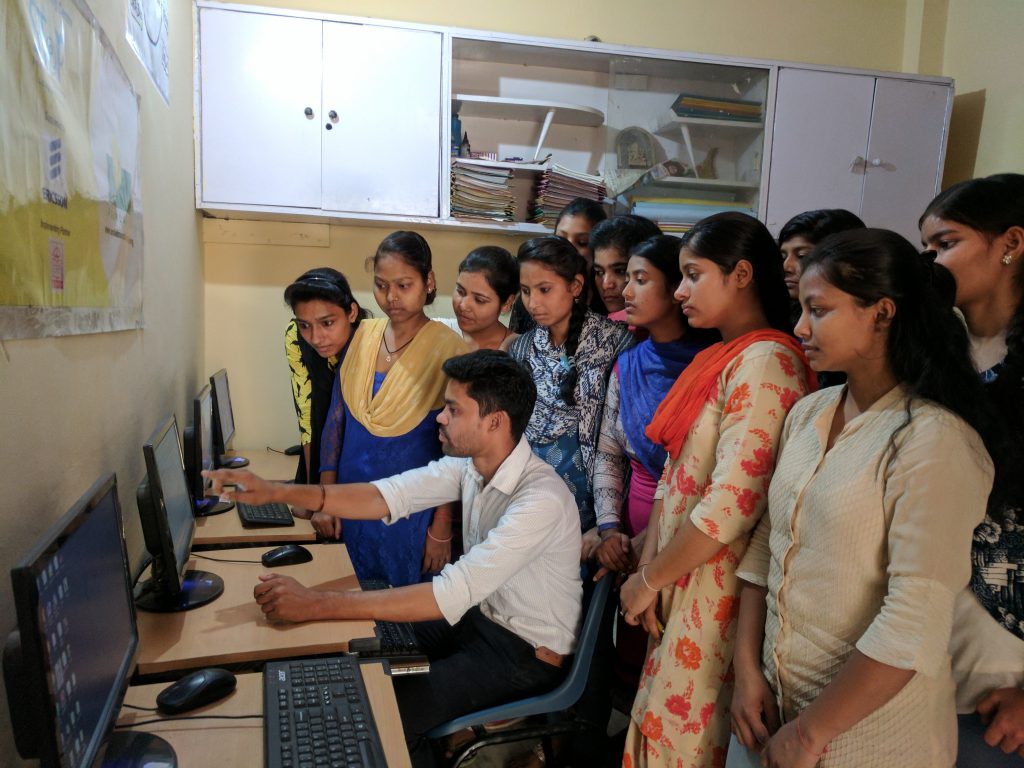Rural India, a reservoir of potential, holds the key to inclusive growth of the nation. However, to harness this potential fully, strategic skilling initiatives are essential for increasing rural livelihood. Rural areas often grapple with high unemployment rates. Skilling programmes equip individuals with relevant skills, making them more employable and addressing the pressing issue of job scarcity.
Diversifying skill sets across industries ensures that individuals are prepared for a range of job opportunities, contributing to a more resilient and adaptable workforce. Moreover, skilling programmes need to go beyond job placements. They should actively nurture entrepreneurial skills, fostering a spirit of self-reliance. Empowering individuals to start their ventures not only contributes to local economic development but also enhances the overall entrepreneurial ecosystem in rural areas.
As we navigate the digital age, skilling initiatives must integrate technology-related skills. Training in digital literacy, e-commerce, and other tech-driven competencies ensures that rural job-seekers remain relevant in an evolving job landscape.
Enhancing Initiatives for Rural Livelihood
Understanding the unique needs of rural communities is paramount in tailoring effective livelihood initiatives. A comprehensive needs assessment is preceded by the planning and execution of programmes, ensuring alignment with local demands and increasing the likelihood of success.
Active community involvement throughout the project life cycle is crucial. Engaging the community in decision-making processes not only fosters a sense of ownership but also ensures the initiatives resonate with the local context.
Creating linkages with markets is essential to the success of livelihood initiatives. These linkages guarantee a sustainable demand for the produce or services of the community. Market-oriented approaches, coupled with community engagement, create a symbiotic relationship that sustains the economic ecosystem.
Regular monitoring and evaluation are fundamental for tracking the impact of livelihood initiatives. Assessing their success and identifying areas for improvement enable ongoing refinement, adapting to changing circumstances and optimising overall effectiveness.
Financial literacy training should be integrated into livelihood initiatives to empower individuals to manage their earnings effectively. Facilitating access to financial services promotes economic inclusion, stability, and resilience within communities.
Capacity building is an ongoing process that ensures the continual enhancement of skills among individuals involved in livelihood initiatives. By fostering a culture of continuous learning, communities can adapt to changing market dynamics and remain competitive.
Embedding sustainable practices in livelihood initiatives is pivotal. Promoting eco-friendly and socially responsible approaches not only benefits the environment but also opens avenues for entering environmentally conscious markets.
In conclusion, strategic skilling initiatives like the one from Smile Foundation are the linchpin for creating more jobs in rural India and enhancing the impact of livelihood initiatives. By addressing the unique needs of rural communities, fostering entrepreneurship, and integrating sustainable practices, we can uplift rural populations and pave the way for a more inclusive and prosperous India.










One reply on “Making Rural Livelihood Initiatives Better in India”
nice blog thanks for sharing in this blog